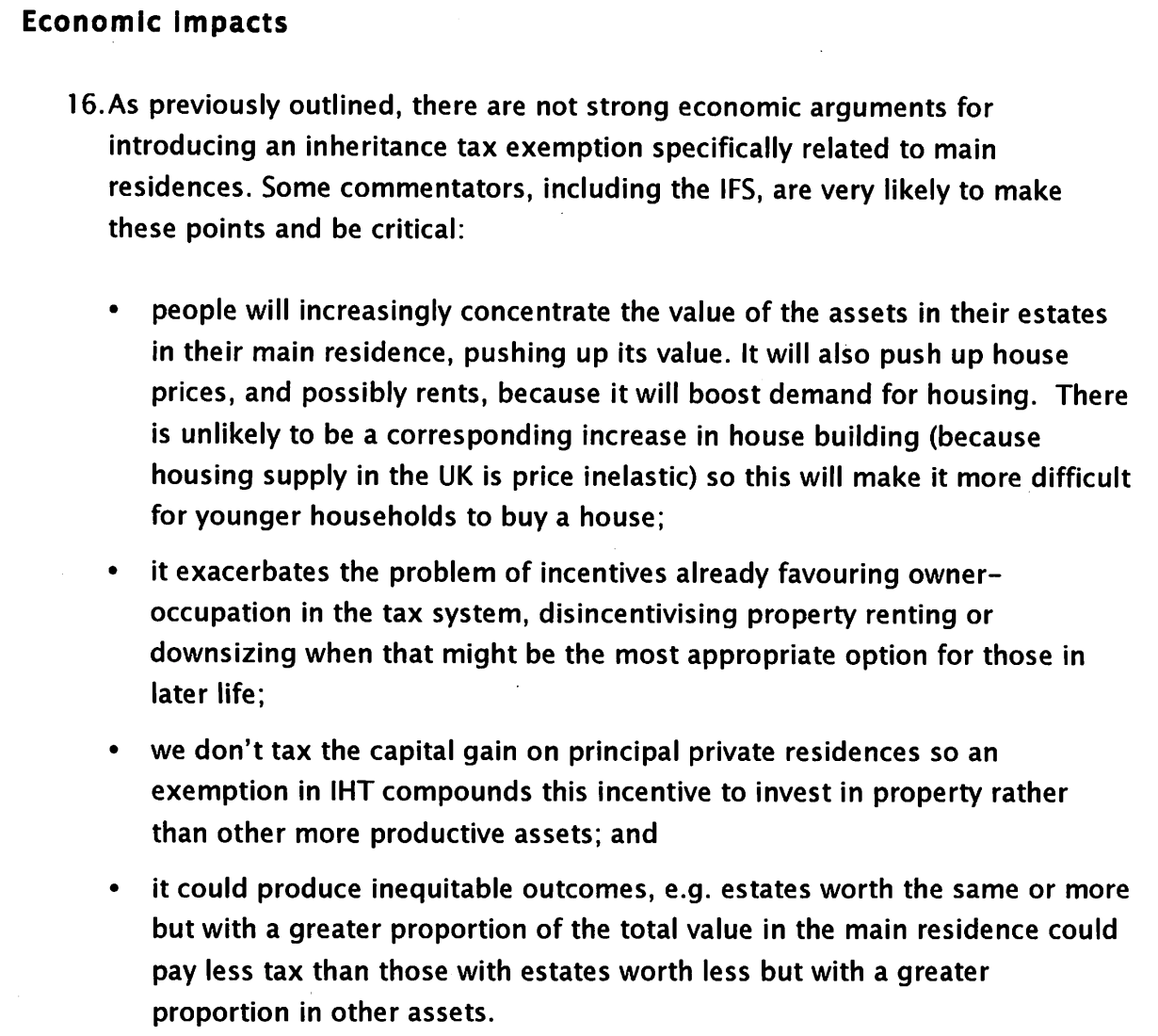EFF video.
Arrogance, arrogance, dear boy. That’s the tech business for you
Intelligent filtering and insightful curation are rare arts. But Quartz is very good at them, which is why I read its daily dispatches the moment they arrive in my inbox.
I particularly like the Saturday edition, which comes with an elegant mini-essay by one of the editors.
Here is today’s, written by Leo Mirani:
For a decade, it seemed like the technology industry was going to usher in a newer, friendlier form of capitalism. The CEOs wore t-shirts and hoodies. Their staff had spare time to improve the world. They said they wouldn’t be evil. For a while, web users believed them.
But things have been shifting. This week, the European Union formally accused Google of abusing its dominant position in search. In India, Facebook is facing an uprising against Mark Zuckerberg’s internet.org, meant to give first-time users a taste of the internet for free. Uber is under criminal investigation in the Netherlands. Apple was last week met with underwhelming reviews for its watch.
Why? The uniting factor is arrogance. Google, with over 90% of the search market in Europe, blatantly favored its own services. Of the 500 million people who’ve used internet.org, first-time internet users make up only 1.4%, and Indians saw that this was less about connecting the poor than consolidating Facebook’s dominance. Apple decided to make the watch without any notion of what it might actually be used for—except maybe as a notifications device. No wonder even people who wanted to like it had a hard time recommending it.
The ultimate symbol of that arrogance, of course, is tech company valuations. The latest example is Slack, a one-year-old chat tool for businesses, whose funding round this week prompted cries of disbelief. “Is Slack Really Worth $2.8 Billion?” asked the New York Times (paywall). “It is, because people say it is,” said the CEO.
Of course he’s right, in a sense: Markets, not tech company founders, determine what their companies are worth. But when founders conflate market value with true value, they start to think they can do no wrong. That’s where their downfall begins.
Quote of the Day
Reading Wilhelm II on every conceivable subject for more than 1200 pages (3000 if you read the three volumes in sequence) is like listening for days on end to a dog barking inside a locked car.
Christopher Clark, reviewing the final volume of a massive three-volume biography of Kaiser Bill in the London Review of Books,
The concierge economy
I’ve written about this before, but Anand Giridharadas is a very astute observer of it. In this NYT OpEd piece he recollects how, for the Indian affluent classes, everything was done by “sending your man” to do it.
The culture of send-your-man was jarring to me, having grown up in an America where even rather privileged people did many things for themselves, including things easily outsourced. They drove themselves and their children around, went to the supermarket themselves, contested their own parking tickets in person. While living in India, I remember seeing a photograph of a United States Supreme Court justice driving himself into work and thinking to myself: No lowly municipal judge in India would do that.
But as India’s economy has begun to surge and the country to modernize, send-your-man culture has foundered. As new possibilities open to those who might have been peons, the tiresome complaint at rich-people parties in New Delhi and Mumbai is how hard it is to find a servant. Well, they should come to America, because that, evidently, is where all the servants have gone.
Uber’s chauffeurs and couriers, Instacart’s grocery deliverers, Handy’s home cleaners, Zeel’s on-demand masseurs, Seamless’s bicycle warriors of takeout, Alfred’s butlers, Amazon Home Services’ electricians and plumbers — all of this is the slick, mobile-enabled, venture-capital-backed servitude of our time. As Lauren Smiley wrote in the online magazine Matter recently, “In the new world of on-demand everything, you’re either pampered, isolated royalty — or you’re a 21st-century servant.” Now in America, too, you can have yourself a man.
It’s a very good, insightful essay. For example:
Is technological innovation the handmaiden of progress? People tend to use the two concepts interchangeably. But it’s possible that we live in a peculiar age that, in America at least, is innovation-rich and progress-poor. Just as we came to learn that democracy and liberalism don’t necessarily go together, that there can be illiberal democracies (Argentina, Iraq), perhaps we are starting to discover something we might call regressive innovation.
This isn’t, on its own, dispiriting. It just means that innovation, like democracy, is without content. Democracy doesn’t automatically safeguard women and minorities. Those are layers we have to add. Likewise, perhaps, innovation doesn’t necessarily make the world flat, free and equal. It just gives us new ways of achieving the aims, good and bad, that have motivated us forever.
Osborne’s car-crash interview
Fascinating. Who would have thought it of Marr — normally a relatively soft-soap interviewer? This one will join Paxman’s celebrated exchange with Michael Howard all those years ago.
Interesting also that there are structural similarities between the two interviews. I wonder if Marr decided to follow the Paxman template.
What’s also very interesting is the astute use that Labour has made of the interview video. They edited it cleverly and then posted it on Facebook.
Thanks to Tom for the original link.
Dog-whistle politics
The Tories are proposing that the exemption threshold for Inheritance Tax (IHT) should be raised to £1m. They’re doing this despite getting the following advice from Treasury civil servants:
This comes from a leaked Treasury memo courtesy of Richard Murphy’s invaluable blog.
This new exemption wheeze will not, of course, affect 99.9% of voters [see correction]. But it might keep wavering Tories in line, especially in the South East.
And here’s Ben Goldacre on why Inheritance Tax is a good idea.
Correction Government statistics reveal that 97% of all estates in 2011-12 were below the current IHT ceiling. On those figures, the new Tory concession benefits only about 3% of the population. Guess who most of them vote for?
Uber über alles?
From Bloomberg:
Last month, Uber accounted for 47 percent of all rides expensed by employees whose companies use Certify, the second-largest provider of travel and expense management software in North America. In March 2014, Uber accounted for only 15 percent, according to a study by Certify released on April 7. Over that period, the amount spent on traditional taxis, limousines, and airport shuttles fell from 85 percent to 52 percent of expensed rides. Lyft, a rival ride-hailing service that caters more to consumers than professionals, currently accounts for 1 percent of business rides, the study found.
And
The average ride in an Uber—a category that includes the low-cost UberX service, in addition to the pricier black car and SUV variations—costs $31.24, while the average fare for a taxi, shuttle buses, or limo was slightly higher, at $35.40. “Across business travel we have seen the strongest growth on UberX, our lowest cost option,” says Max Crowley, who manages the Uber for Business program. “Employees recognize the value of riding with Uber and are saving their companies money in the process.”
Disruption continues apace.
Oh — and you can now use Uber to hail auto rickshaws in Delhi!
1954 Selfie
Non-doms not wanted here
For me, the first really interesting moment in the election came last week when Ed Miliband announced that if Labour got into power he would abolish the ludicrous loophole which allows 110,000 fabulously wealthy people to live in Britain full time while pretending to be domiciled elsewhere, thereby paying tax only on whatever income they funnel to themselves in the UK.
Even more interesting — and depressing — was the resulting ‘controversy’ about the pledge, which seemed to revolve entirely around whether Miliband’s policy would result in more or less tax being gathered by the Inland Revenue. This is another illustration of the extent to which neoliberalist iron has entered the souls of the political elite. At base, the non-dom issue isn’t about the pragmatics of taxation; it’s about whether something is morally right or wrong — whether there should be one law for the rich and another for the rest of us. Even if there were a net loss to the Exchequer, the loophole should be closed for the simple reason that it is iniquitous.
And then, in a real you-couldn’t-make-it-up development, we find that (a) the Governor of the Bank of England and (b) Lord Rothermere, the owner of the Daily Mail, have non-dom status. Even more bizarrely, Rothermere inherited the status from his father.
Politics and the English language (again)
“Pretending we are all separate but equal conceals the the effects of real power and capacity, real wealth and influence. You describe everyone as having the same chances when actually some people have more chances than others. And with this cheating language of equality, deep inequality is allowed to happen much more easily”.
The late and much-lamented Tony Judt, quoted by Nick Cohen in a fine column about how euphemisms in British politics “mask a savage attack on the menatally ill”.


